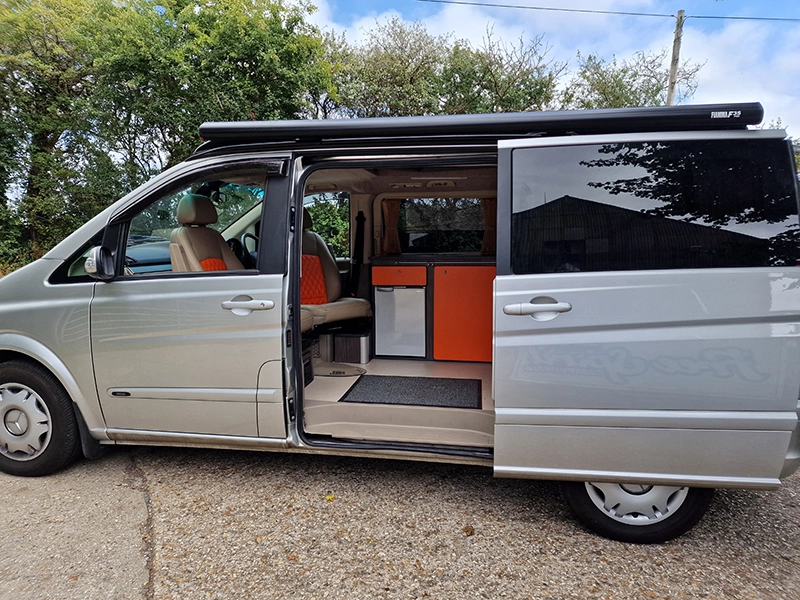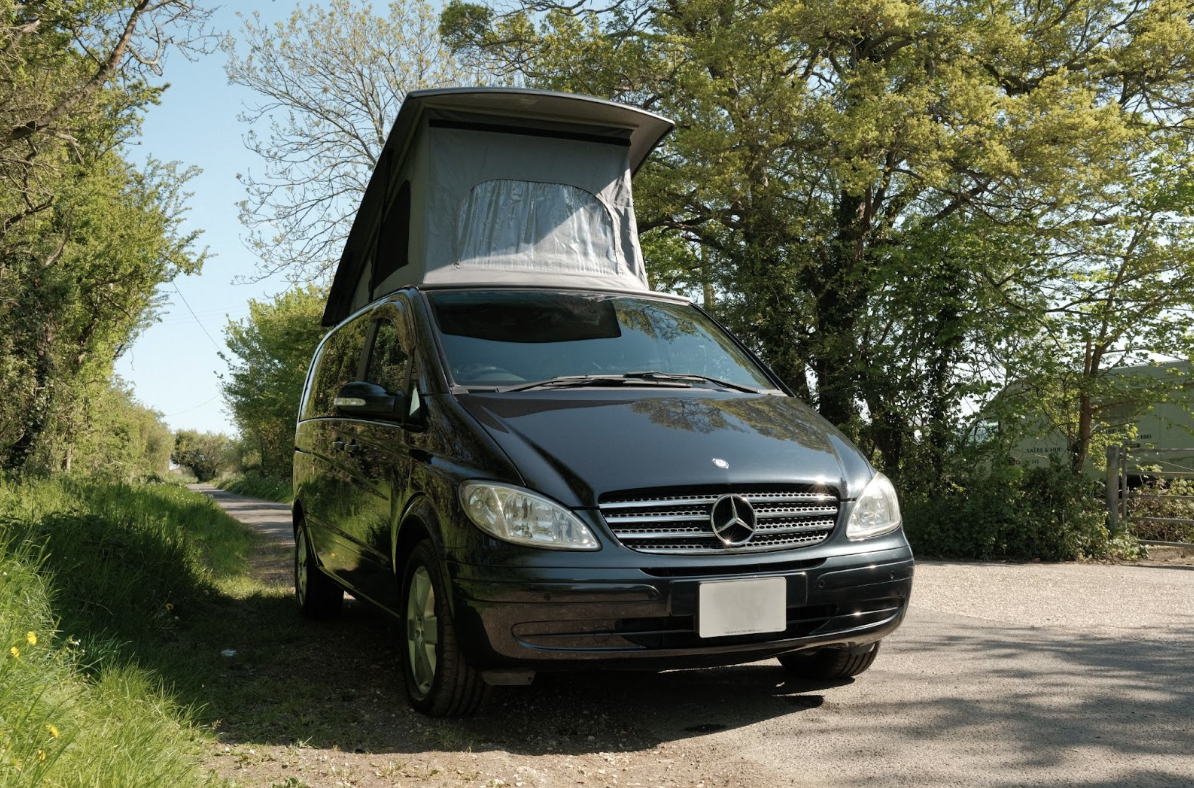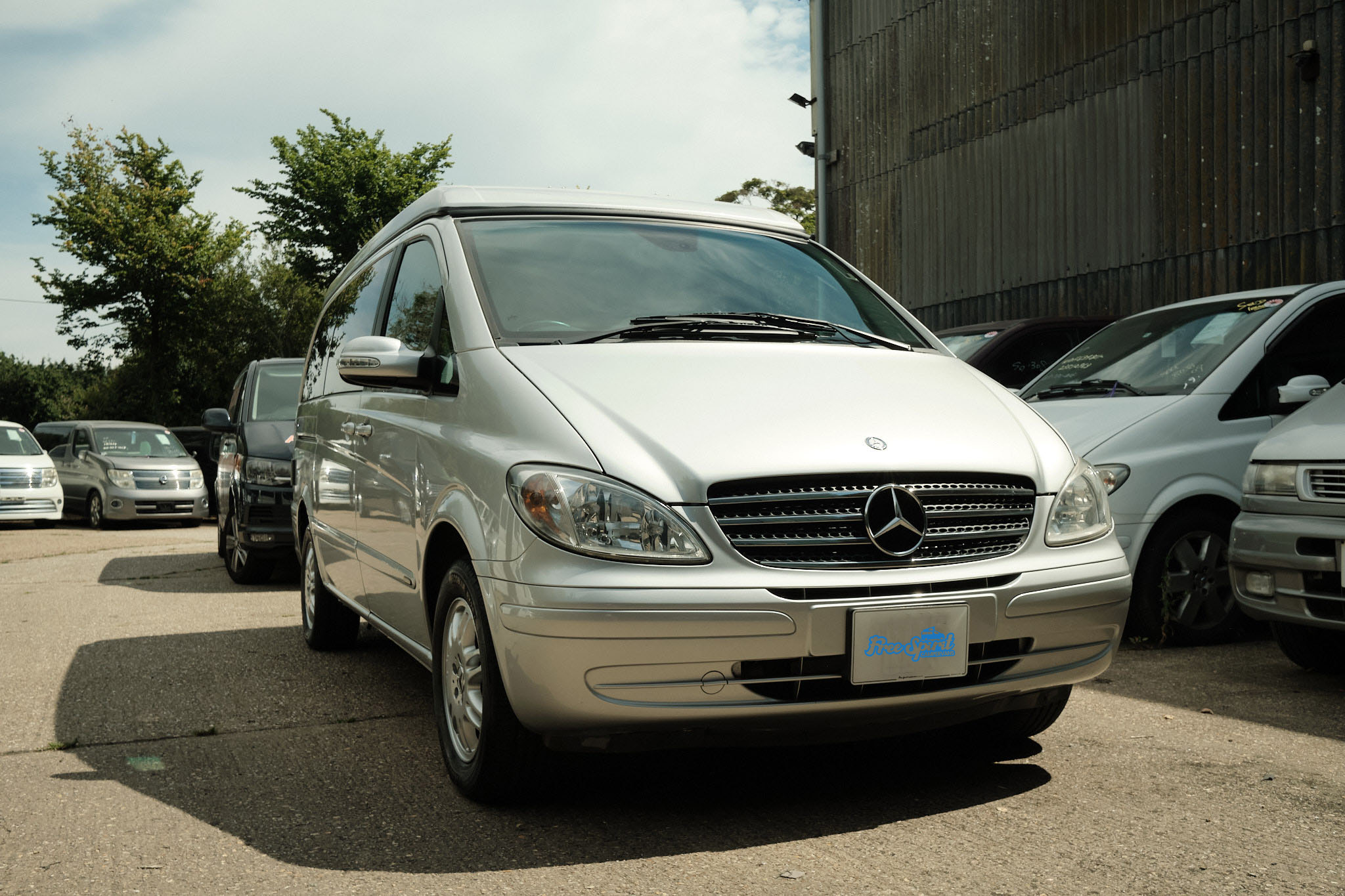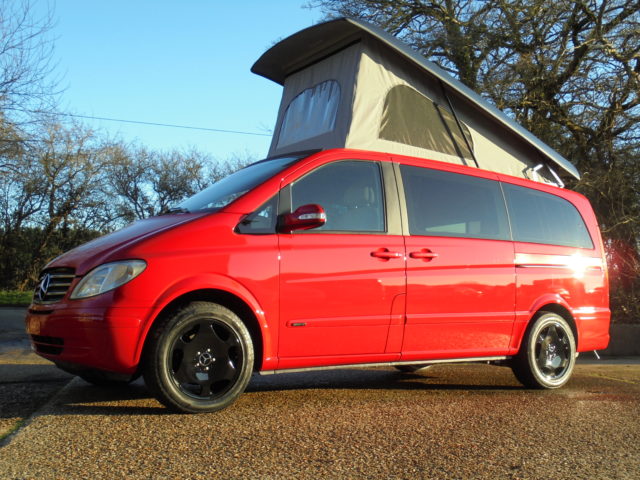Wild Food & Foraged Cooking in Your Campervan
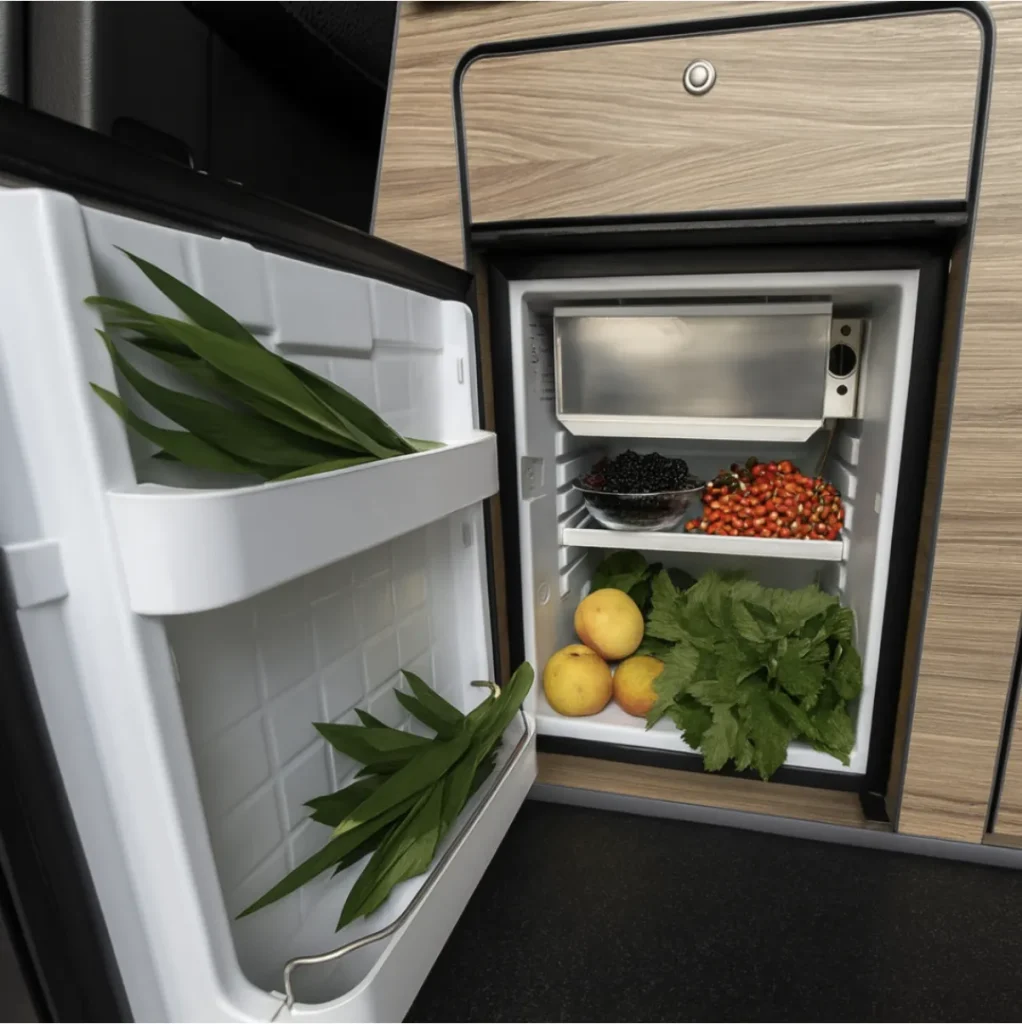
Food tastes different when it comes straight from the land around you. For many people, cooking in your campervan means planning quick meals or making use of compact storage, but there is another layer to this experience. Foraging, the art of gathering wild, edible plants, fruits, and fungi, connects you to the landscape in a way no supermarket can.
At Free Spirit Campervans, we believe meals on the road are about more than convenience. They are about discovery. Stopping at a hedgerow for blackberries, finding wild garlic in spring, or collecting nettles for a soup turns cooking into part of the adventure. With a campervan as your base, you can explore safely, store your finds, and cook dishes that are truly rooted in the places you visit.
What Foraging Really Means
Foraging has been part of British culture for centuries. From blackberries in the hedgerows to seaweed on the coast, wild food has always been there for those willing to notice it. Today, it is enjoying a revival as people seek more sustainable, flavourful, and mindful ways to eat.
It is also perfectly legal in the UK to forage for the “Four Fs”: fruit, foliage, fungi, and flowers, provided it is for personal use and you have lawful access to the land (British Local Food). What is not allowed is uprooting plants, taking protected species, or harvesting commercially without permission. Respect for nature and the law is central to the practice.
Responsible foragers follow the Foraging Code: never take more than you need, leave enough for wildlife, and harvest plants carefully so they can regenerate.
Seasonal Wild Foods in the UK
One of the joys of foraging and cooking in your campervan is that what you find changes with the seasons. Spring brings wild garlic, young nettles, and elderflowers. Summer fills hedgerows with cherries, plums, and edible flowers. Autumn offers apples, blackberries, hazelnuts, and mushrooms. Winter is quieter but still rewarding, with rosehips for syrups and sea buckthorn on coastal walks.
NatureScot provides guides to edible wild plants found across Scotland and beyond, while the Woodland Trust highlights what can be safely picked month by month. These resources remind us that the landscape is generous if we learn to recognise it.
With a campervan, you are perfectly placed to travel with the seasons. One week you might be parked near the hedgerows of Sussex collecting blackberries, the next on a coastal path in Cornwall, finding seaweed to dry and use as seasoning.
Cooking Simple Foraged Meals
Foraging does not mean complicated recipes. Some of the most enjoyable campervan meals use only a few wild ingredients alongside basics you carry with you.
- Wild garlic pesto – Blend wild garlic leaves with olive oil, nuts, and cheese for a quick pasta sauce or sandwich spread.
- Nettle soup – Cook young nettle leaves with potatoes, onions, and stock for a simple, iron-rich soup.
- Elderflower cordial – Steep flowers with sugar and lemon to create a refreshing drink.
- Berry crumble – Blackberries and apples cooked down into a filling, topped with oats and butter.
- Seaweed seasoning – Collect, dry, and crumble seaweed to sprinkle over rice or soups.
Cooking this way keeps meals light, healthy, and full of flavour. Campervan kitchenettes, with their gas hobs, fold-out tables, and efficient storage, are perfectly designed for these kinds of simple, nourishing dishes.
The Flavour and Feel of Wild Food
Foraged ingredients carry flavours that are hard to find elsewhere. Wild garlic has a punch that supermarket garlic rarely matches. Fresh blackberries from a hedgerow taste sweeter and sharper than anything in a plastic punnet. Even humble nettles have a freshness that makes soups and teas distinctive.
This intensity means you often need fewer ingredients overall. Flavour comes from nature itself. Beyond taste, foraging changes how you feel about what you eat. Each meal becomes a reminder of where you have been and the time you spent outdoors to gather it.
Foraging as Wellbeing
Foraging is not only about food. It is also a practice that supports mental and physical well-being. Walking through woodlands, bending to collect berries, and slowing down to identify plants are small acts of mindfulness. They encourage presence, patience, and curiosity.
The Landscaper highlights how foraging helps people rediscover a slower pace, grounding them in nature and creating a break from the pressures of daily life. It is exercise, learning, and stress relief in one.
When combined with campervan travel, the effect is even more substantial. You are not only cooking meals, you are building experiences: stepping outside your campervan to explore, collecting ingredients, and returning to cook them in a space that feels like home.
Safety and Responsibility
While foraging is rewarding, it comes with responsibility. The Woodland Trust advises using trusted field guides or apps to identify species correctly, as some plants and fungi are harmful. Only pick from areas where you have permission and avoid polluted roadsides or industrial land.
Always wash what you collect and store it properly. Take only small amounts and leave plenty behind. These simple rules mean foraging remains safe, sustainable, and enjoyable for everyone.
Cooking in Your Campervan: Designed for Discovery
Free Spirit campervans are more than just vehicles; they are mobile homes equipped for real living. Our interiors are designed with dual-purpose furniture, compact kitchens, and clever storage, which makes them ideal for foraging trips.
A small basket of mushrooms, a handful of berries, or jars of homemade cordial all have their place. With auxiliary power options, you can store and prepare food safely. Fold-out tables become prep stations, and at the end of the day, the same space becomes somewhere to relax and enjoy the results of your cooking.
Wild Harvests as a Lifestyle
Foraging is more than a way to eat. It is a way to connect with the land, to slow down, and to bring flavour and discovery into everyday life. When combined with campervan ownership, it becomes part of a lifestyle, moving with the seasons, tasting the landscapes you travel through, and enjoying food that feels meaningful.
At Free Spirit Campervans, we build our conversions to support real adventures like this. With practicality, comfort, and thoughtful design, they give you the freedom to explore and the tools to make every meal memorable with Cooking in Your Campervan.
Ready to Start Your Journey, Ready to Start Cooking in Your Campervan?
Wellness, balance, and freedom are easier to achieve when your lifestyle supports them every day. A Free Spirit Campervan gives you the comfort, practicality, and flexibility to make that possible, whether you are gathering berries in the hedgerows, cooking by the coast, or enjoying a seasonal feast with family.
If you are ready to see how our campervans can transform your adventures, we would love to hear from you.
📞 Call us on (01243) 649087
🌐 Visit: Contact Us Page
Your Cooking in Your Campervan journey starts here.
FAQs
- Is foraging really legal in the UK?
Yes, you can legally pick the “Four Fs” — fruit, foliage, fungi, and flowers, for personal use if you have access to the land. The key is to forage responsibly: never uproot plants, avoid protected species, and only take what you need. - What wild foods are easiest for beginners to forage?
Blackberries, wild garlic, nettles, elderflowers, and apples are all great starting points. They are easy to identify, widely available, and safe to use in simple recipes. - How do I make sure what I pick is safe to eat?
Use trusted field guides or apps, and never eat anything you are not 100% certain about. Stick to familiar plants at first and avoid fungi unless you are foraging with expert knowledge. - Can I forage with children?
Yes, many families enjoy foraging together. It is a chance to explore nature, teach children about plants, and connect over preparing food. Always supervise closely and keep it fun and safe. - Do I need special equipment for foraging?
Not really. A basket or bag, a small knife or scissors, and gloves for nettles are often enough. The joy of foraging is that it is simple and accessible. - How can I cook with foraged food in a campervan?
Free Spirit campervans have compact kitchens with gas hobs, fold-out tables, and clever storage. This makes it easy to turn small foraged finds into soups, pestos, crumbles, or cordials and making cooking in your campervan fun! - What if I forage too much and cannot use it all?
Take only what you need, but if you do have extra, some wild foods can be preserved. Berries can be frozen, herbs dried, and flowers turned into syrups. - How does foraging improve wellbeing?
Foraging encourages you to slow down, spend time outdoors, and focus on the present moment. It combines gentle exercise with mindfulness and the reward of eating what you collect. - Is foraging only for countryside trips?
Not at all. Many edible plants grow in hedgerows, parks, and coastal areas across the UK. With a campervan, you can follow the seasons and explore new regions as you go. - How do Free Spirit campervans support foraging adventures and cooking in your campervan?
Our campervans are designed for real living, with storage for baskets, compact kitchens for cooking, and comfortable spaces for enjoying meals. They make it practical to forage, cook, and relax all in one journey.
